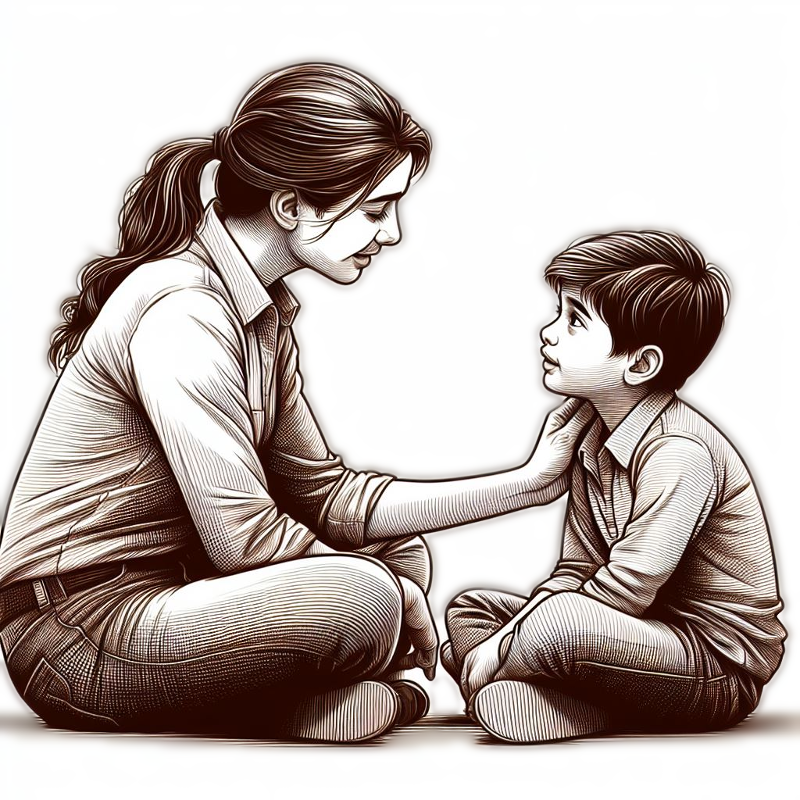Childhood should be a time of carefree exploration and playful joy. But for many young children, the world can feel like a minefield of anxieties. From separation fears to social awkwardness, these worries, though seemingly small to adults, can be overwhelming for little minds. As parents and caregivers, navigating this emotional landscape with our children can be challenging. But remember, you’re not alone. By understanding childhood anxiety and implementing effective coping mechanisms, we can equip our young ones with the tools they need to thrive.
Understanding the Why
Firstly, acknowledging and validating your child’s anxieties is crucial. Don’t dismiss their fears as “silly” or “unimportant.” Talk openly about their worries, listen patiently, and help them label their emotions. Understanding the root cause of their anxiety, whether it’s fear of the unknown, separation anxiety, or social anxieties, can guide your approach.
Building a Comfort Zone
Create a safe and supportive environment where your child feels comfortable expressing their anxieties. Establish familiar routines, predictable schedules, and consistent communication to reduce uncertainty. Offer physical comfort through hugs, cuddles, or holding their hand. Reading calming stories, practising relaxation techniques like deep breathing, or creating a “worry box” where they can write down their fears can also be helpful.
Playful Strategies
Remember, kids learn best through play. Utilize age-appropriate games and activities to address their anxieties in a fun and engaging way. Role-playing social situations, creating stories where characters overcome their fears, or drawing their anxieties and then “erasing” them can be effective tools.
Building Confidence
Empowering your child with skills and positive self-talk is key. Celebrate their successes, no matter how small. Encourage them to try new things, even if they feel scared. Help them identify their strengths and build their confidence in their abilities. Positive affirmations like “I am brave” or “I can do this” can become powerful mantras.
Seeking Support
If your child’s anxiety is persistent or impacting their daily life, don’t hesitate to seek professional help. Child therapists can equip them with additional coping mechanisms and provide valuable guidance for you and your child.
Remember
Patience and understanding are key. Every child experiences anxiety differently and progresses at their own pace. Celebrate their victories, no matter how small, and offer unwavering support along the way. By working together, we can help our little ones manage their anxieties and blossom into confident, resilient individuals.
